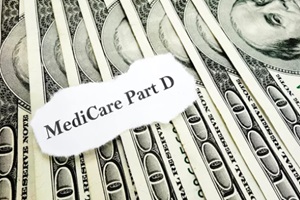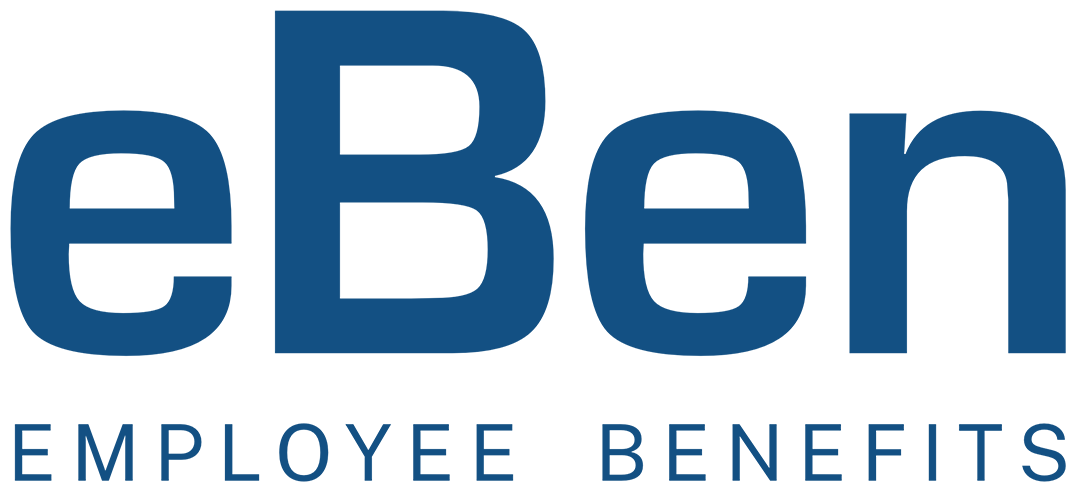 Employers who sponsor group health plans with prescription drug benefits must send notifications to all Medicare-eligible participants and beneficiaries indicating whether the drug coverage offered under the plan is “creditable” or “non-creditable.”
Employers who sponsor group health plans with prescription drug benefits must send notifications to all Medicare-eligible participants and beneficiaries indicating whether the drug coverage offered under the plan is “creditable” or “non-creditable.”
These notices must be sent each year before October 15. In addition, employers must notify the Centers for Medicare & Medicaid Services (CMS) of the drug plan’s creditable status each year following the plan’s annual renewal.
Understanding Medicare Part D creditable coverage notice requirements is important to ensure compliance. Let’s explore Medicare Part D creditable coverage notification requirements.
Why Are Creditable Coverage Notices Required?
Disclosure of whether a plan’s prescription drug coverage is creditable allows Medicare beneficiaries to learn important information about their Medicare Part D enrollment.
Medicare Part D typically enforces a lifetime penalty due to late enrollment if a person delays enrolling in Part D following the initial eligibility.
Some beneficiaries who may not have creditable prescription drug coverage and then choose not to enroll before the end date of their initial enrollment period for Medicare Part D may permanently face higher premiums if they subsequently enroll in a Medicare Part D drug plan.
Disclosure Requirements
The Medicare Modernization Act (MMA) requests that companies whose health care plans include prescription drug coverage to notify all Medicare-eligible policyholders whether or not their drug coverage is creditable, meaning that the coverage is likely to pay the same or more than the standard Medicare drug coverage.
There are two main disclosure requirements that these entities must adhere to:
1. Written Disclosure Notice
First, applicable entities must provide all Medicare-eligible individuals who are covered under the plan’s prescription drug plan with a written disclosure notice once a year, before October 15 and at other times as specified in the regulations, such as when a new Medicare-eligible individual enrolls in the plan.
This disclosure must be sent to:
- Medicare-eligible working individuals and their dependents
- Retirees and their dependents
- Medicare-eligible disabled individuals covered under the prescription plan
- Medicare-eligible COBRA individuals and their dependents
2. Online Disclosure Form
 Next, applicable entities must complete and submit the Online Disclosure to CMS Form. This form allows entities to accurately report the creditable coverage status of their plan’s prescription drug plan.
Next, applicable entities must complete and submit the Online Disclosure to CMS Form. This form allows entities to accurately report the creditable coverage status of their plan’s prescription drug plan.
The Online Disclosure Form must be completed each year no later than 60 days from the start of the plan year. Alternatively, it should be completed within 30 days after making changes to the creditable coverage status or within 30 days of terminating the prescription drug plan.
Model Disclosure Notices
Companies have two options when it comes to obtaining model disclosure notices. First, they can turn to CMS for model creditable coverage disclosure notice downloads.
CMS provides several sample language models that employers can download and modify to notify affected individuals whether their drug coverage is creditable.
Some employers may choose not to use the sample disclosure models and instead will develop their own notices. While this option is permitted, employers must ensure that the disclosure notices they provide meet all of the minimum content standards CMS prescribes.
Preferred Delivery of Disclosures
CMS recommends using paper documents when sending out notices, as Medicare Part D participants are more likely to see and read them. Verifying that eligible employees and dependents have received paper documents is also easier.
However, entities can choose to send notices electronically with the proper precautions. Notices sent electronically must adhere to the Department of Labor’s (DOL) electronic delivery safe harbor for ERISA disclosures.
Electronic distribution should be limited to individuals who already have access to the employer’s electronic system due to using it for various work duties.
Contents of the Disclosure
When drafting a disclosure of creditable coverage, the document must address the following information:
- The employer has established that the prescription plan coverage is creditable
- The definition of creditable coverage
- The importance of creditable coverage and a warning that the individual may be subject to higher Part D premiums if there is a longer than 63-day break in creditable coverage before enrolling in a Medicare Part D plan
- Contact information and how to contact the plan administrator for further details
Documentation and Recordkeeping
 Human resources (HR) professionals are tasked with retaining records of whom and when Medicare Part D creditable coverage notifications were distributed.
Human resources (HR) professionals are tasked with retaining records of whom and when Medicare Part D creditable coverage notifications were distributed.
This documentation can be useful in an inquiry or audit in which evidence is needed to show that the notices were sent to the appropriate parties.
Count on eBen for Compliance Assistance
Many rules and requirements surround Medicare Part D creditable coverage notification compliance.
With help from the trusted professionals at eBen, employers can rest assured that their Part D creditable coverage notices are properly written and submitted on time and to the proper parties. For more information or to schedule a consultation, contact eBen today.


